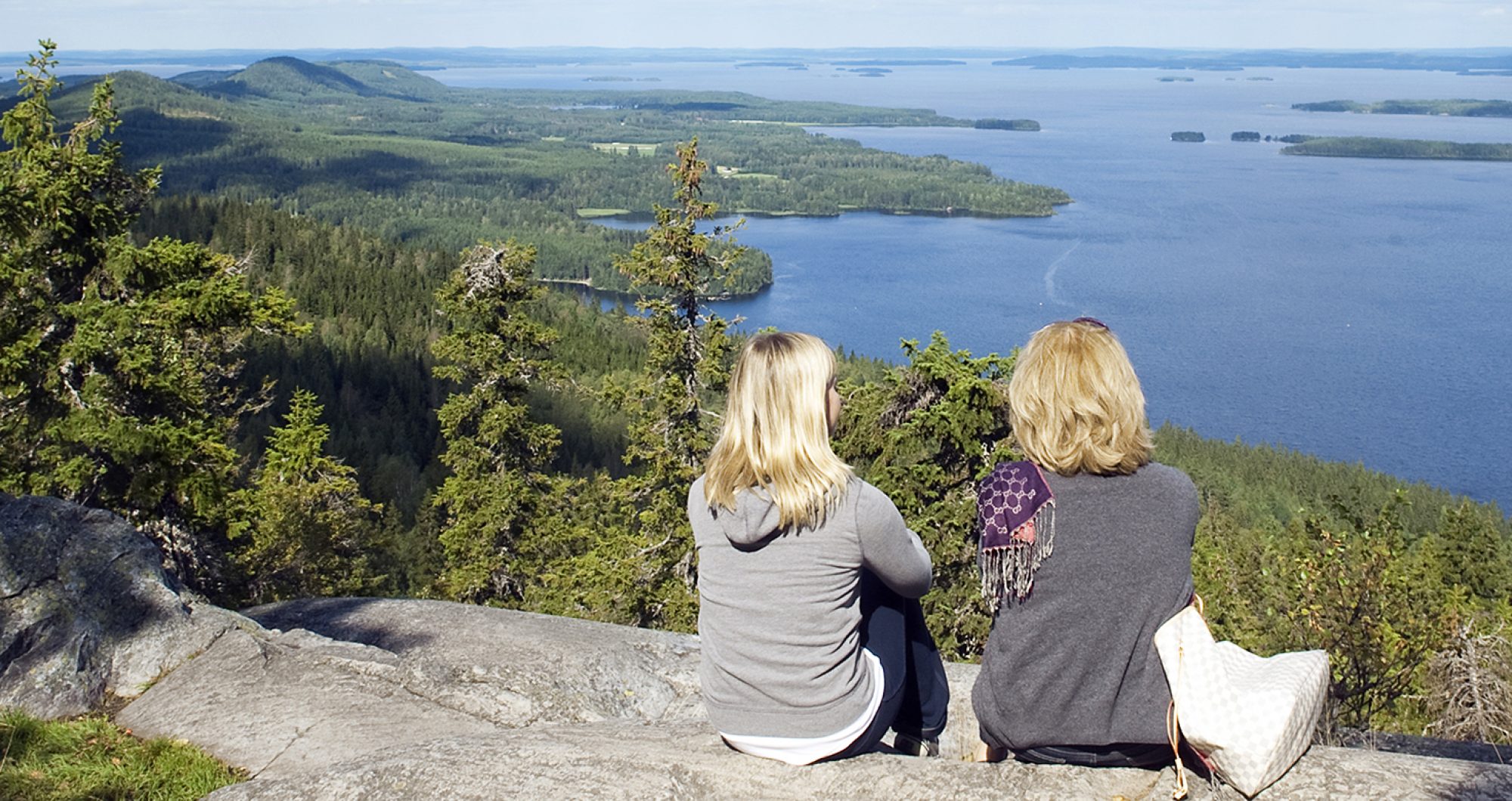The 6th Nordic conference for rural research
At Tahko Break Sokos Hotel, Finland
Main organisers: University of Eastern Finland (UEF), Department of Geographical and Historical studies (HiMa) in cooperation with the Finnish Society for Rural Research and Development (MUA).
23rd – 25th May 2022
Important dates
About Rural Truths
The theme of the 6th Nordic conference for rural research is “Rural Truths”. These truths can relate to the present situation in the world where truth seems to be something threatened, and here research has an important role to play. But rural truths also reflect many competing ideas, discourses and imaginations about the rural, which policies relate to, and researchers study and discuss. Yet another aspect of rural truths emphasizes rural heterogeneity; what is not true for one place may well be the case in another place. Furthermore, it is said that the differences between rural and urban are more or less vanished, but have they? And what is the role of research in rural policy and development when multiple truths collide?
We are challenging all researchers and developers from different disciplines with an interest in the Nordic rural areas as an empirical field to discuss rural truths. You all are warmly welcomed to give presentations and discuss your ongoing research and projects with key scholars from the field. The conference will be held in Tahko 23rd –25th of May 2022 with the subthemes presented below. An additional question for all the subthemes is how relevant topics within each of them seem to be affected by Rural Truths. And how has the Covid19-pandemic affected all this?
Conference themes
- Cultures and people, places and identities
Nordic rural communities are being redefined and rural areas are in a state of flux. Mobility and migration are increasing and new rural-urban relations, disparities and complementarities emerging. Distance working and migrating labor are increasing, as well as the number of second homes. Depopulation continues in many regions, while some rural areas are thriving. The importance of place and location is changing. Many of us feel attached to certain rural places but might not live there for different reasons. These processes affect social cohesion and social differentiation in rural areas as well as the construction of identities across borders and places. How are such processes expressed in different locations? How do migration and mobility affect rural areas? Why would people want to live in rural areas? Why do people feel they belong to rural areas and how is place attachment constructed? What is the meaning of culture in and for rural development? What is the meaning of places and locality for people’s identity?
- Sustainable use of natural resources and landscape management
Natural resources and raw materials are valuable economic, ecological, political, social and cultural resources. Nature conservation is important, while entrepreneurship and industries need space to contribute to regional and economic development of rural areas. Are contemporary rural and natural resource policies in line with the aims of different dimensions of sustainable development, including climate change mitigation and adaption? New pressures, interests and claims on the use of natural resources and on landscapes lead to processes of innovation, re-evaluation as well as depletion. Continuities in both natural resource governance and landscape management are questioned and transformed. Yet, path dependencies and institutional contexts shape activities as well. Multifunctional and sustainable landscapes and use of natural resources have become some of the keywords. How are these processes enacted in different contexts? There may be conflicts between different industries, e.g. tourism and mining. How do trends in food and energy production, forestry, mining, tourism and nature conservation affect Nordic rural areas? How are entitlements, ownership and right of access and use of nature transformed? What are the impacts on local levels, on local development and social cohesion? What about its role in governance of natural resources? What about the resilience of rural areas which economy has been based to use of natural resources? What is the role of urban forest owners? What kind of a questions – and answers – there is connecting to circular economy and bio economy?
- Rural economy and entrepreneurship
Rural economy is usually related to traditional industries and sectors such as agriculture, forestry, recreation and tourism, and innovations are very often incremental or organizational within the same lines, carried out by the same entrepreneurs; or entrepreneurship is seen upon as a black box. Nevertheless, can changing landscapes also make way for new rural economies and entrepreneurship? Can new industries and new modes of entrepreneurship operate and revalorize local resources and be important and keys to growth within rural economic and cultural life? There is a need to explore such new industries and modes of entrepreneurship more detailed and see how they can contribute to the advance of rural economy. The role of the third sector, for example, as a producer of certain services has been emphasized in rural policy. But what is its real role in rural development? What about NGO’s, which may be big actors in rural areas and rural development?
- Policies and politics of the rural
Rural and agricultural politics and policies increasingly open for new constellations in the rural development bringing new kinds of challenges to the fore. What concepts of rurality underpin these different policies? Are urban ideals and rural realities at variance in the policy formation? What are the new issues and edges emerging in rural policy formation and policy? How can we prepare for decrease in subsidies? How are the subsidies for entrepreneurship and industry distributed between rural and urban? What is the meaning of rural areas when thinking about the labour force needed in other areas? What is the meaning of place-based information in rural development and rural policy?
More detailed descriptions under Working groups.
